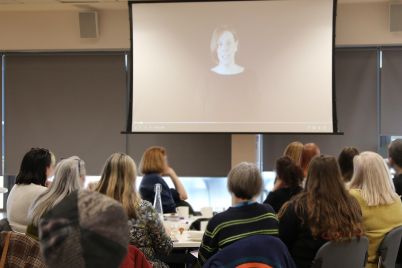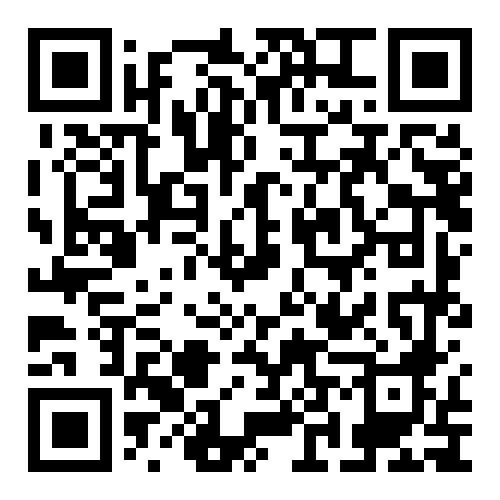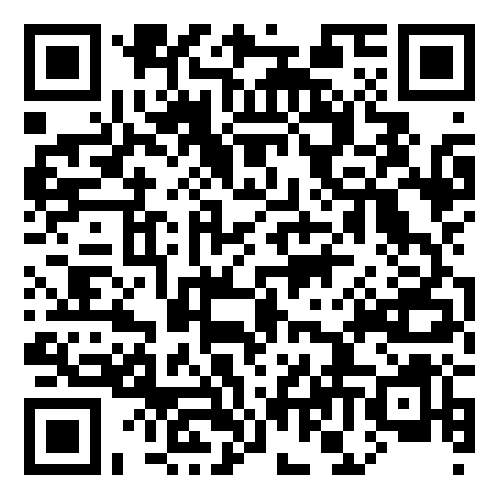Former police officer and PhD student in psychology at University of Chichester, is now researching the use of risk assessments of domestic abuse, by both police and non-police staff.
After being involved in using the DASH/DARA risk assessment during her time in the police, Amber Lesson, found the tools to be highly lacking in reporting the extremely common occurrence of domestic abuse DA.
Joining the force in 2023, Amber quickly learnt how common DA was – attending an occurrence on every single shift she did. After her first ever Grade 1 emergency call being a domestic report where a male had assaulted his wife in their home address and split her lip open, she found the work relentless, and heartbreaking.
She said: “I saw everything from non-crime domestics (an argument) to being the first on scene to a domestic homicide. I learned a very hard lesson that domestic abuse is everywhere, regardless of gender, class, income or age. It happens behind closed doors and in public. The prevalence of domestic abuse must not be underestimated.”
After two years in the role, she grew her knowledge on DA issues, researching anything she witnessed, such as safeguarding procedures, to understand what academics were doing to correct these pitfalls in the system.
With this giving her ideas for her own future research, she knew that returning to University would allow her to make the biggest difference and pursue this dream.
Reflecting on what motivates her, she said: “The police are overworked and understaffed, and safeguarding is not always, in my opinion, good enough. I want to improve policy and procedures used to safeguard victims of domestic abuse because of the fragile situation they find themselves in. Leaving an abuser is not a single event, but a process, that needs to be supported by all agencies.
There are people living in fear in a place that is meant to be their safe haven, their home. I wholeheartedly believe that more must be done to help break this cycle and allow victims to have their freedom back.”
The DASH (Domestic Abuse Stalking and Harassment) and DARA (Domestic Abuse Risk Assessment) tools used by the majority of police forces in the UK is used to dictate what happens to safeguard a victim, through scoring them as standard, medium or high.
Amber is critical of these systems, however, explaining: “Picture this – you have just been assaulted by someone who should love you. A stranger in a black uniform, with a taser, baton, cuffs and pepper spray approaches you, gets out a mobile phone and logs into it. They then sit down with you and ask “So… has the current incident resulted in injury?” Or “How often does (…) make threats to harm you or things you care about, such as people pets or property?” Just let that sink in… No rapport established at all, but the police go straight in with these questions and expect a victim to be able to answer. It is overwhelming and harsh. I think this could be massively improved with prompts at the top of the form to allow the officer to build rapport, and regular training for officers around domestic abuse.”
There are also forms of abuse which are absent from these forms – such as coercive control – which is, by definition, much more subtle than domestic assault. Gaslighting a victim and instilling fear of consequences can be just as detrimental to a victim – so it is also vital that regular police training occurs to spot this and ask questions about it.
Amber concludes with the issue that these forms do not consider a victim’s mental health or neurodiversity, which is very limiting on the results.
For example: “If a victim has autism, this will affect their engagement, thought processes, understanding of their situation and next steps. But this is not considered when assessing risk to a victim and how it may impact their ability to leave their abuser and support a police prosecution. Both are long and difficult processes.”
Establishing these limitations, Amber is now researching to push for a change for these victims – so no one has to live with relentless fear, control or distress.
Educating professionals is vital to improve assessment tools in the force and may also open doors for Amber to design and implement new questions to the DASH and DARA forms which will increase their effectiveness!















